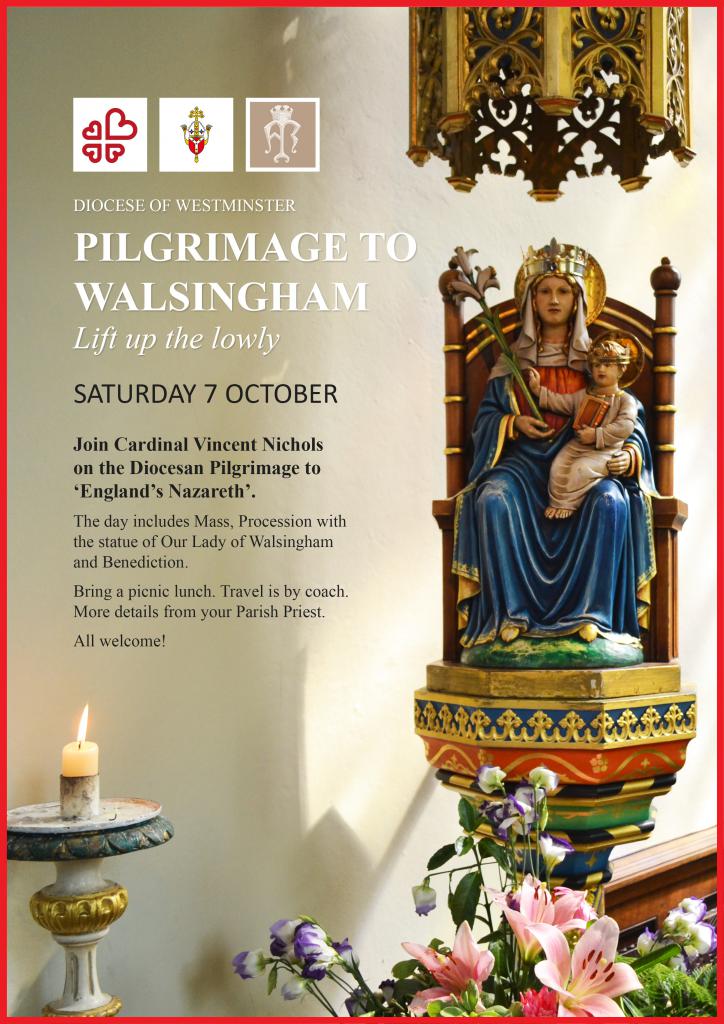One of the great joys of singing liturgical music and pilgrimage in general is that you make friends with all sorts of wonderful people. It is in this context that some thirty years ago I got to know Andrew Wright, who was then the organ scholar at Westminster Cathedral. We remain friends to this day. It is therefore particularly special when he writes pieces for me to sing. Amongst these has been a setting of the Magnificat, which in turn was based upon a response by the celebrated Lourdes organist Jean-Paul Lecot. What better place to share this work than in our national shrine at Walsingham? When Our Lady first uttered the words of this astonishing prayer, she drew reference to ‘raising the lowly’. Song has a special power to do precisely that. It changes the way we feel. It has an ability to communicate feelings that go beyond words.
Being a geographer, I have always been an avid walker. I love exploring the countryside. It therefore comes as no surprise that Walsingham would have an immediate appeal to me, set as it is in beautiful Norfolk farmland. It is easy to imagine how in ancient times pilgrims from faraway places would have converged at the Slipper Chapel before setting off on that final mile, probably singing their favourite songs. It is incredibly exciting to be taking part in a resurgence of this tradition.
Again, walking is good at ‘raising the lowly’, as it is one of the best ways to trade stories and experiences. In our modern era, the old camino to Santiago de Compostela seems to be getting record numbers of walkers (and now cyclists) eager to have a detox from our modern world. Perhaps we should ‘raise the lowly’ Walsingham in the same way and similarly re-establish the old pilgrim routes to their former glory? Regardless of whether this is a viable option, it is easy to jump on a coach and condense the experience into one day. I would not miss it for anything.




